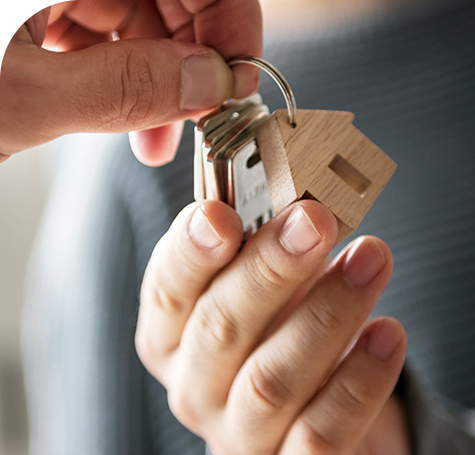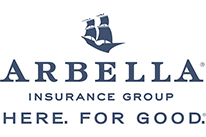For most people, home is their most cherished place in the world. It is embedded with countless memories full of joy and filled with the most beloved treasures. Moreover, a home is a great investment and a valuable asset.
No one wants anything to happen to their home, yet wear and tear and life’s unpredictability often lead to things needing to be repaired or replaced. To make it easier to recover from unexpected or accidental damages that are out of your hands, it is a good idea to get homeowners’ insurance.


Standard homeowners’ insurance policy usually applies to single-family homes. If you live in a condo or a co-op, you should get condo insurance instead. If you are renting, then you benefit from renters insurance, and if you own a home and rent the property out to others, then landlord insurance is the option for you.

The policy includes four main types of coverage:
The standard homeowners’ policy covers the cost of repairs and rebuilding your home when the damage is caused by natural disasters. Disasters covered by this insurance usually include fire, hail, lightning, hurricanes, and other events listed in your policy. For around 10% of the value of the house, you will also be able to cover detached structures, such as garages, tool sheds, and gazebos.
The homeowners’ policy will cover all your furniture, clothes, equipment, electronics, and any other items in your home. These are covered in the event of theft, fire, hurricane, and any other incident listed in your policy.
Expensive items, e.g., furs, art, and jewelry, have dollar limits on their coverage if they are stolen. To insure them for their full value, you should get a special personal property endorsement or floater. The plants on your property, e.g. trees and shrubs, are also covered for damage unless the damage is caused by poor maintenance or plant disease.
Conduct a thorough home inventory and catalog all the things in your house before purchasing insurance. It can be a useful reference point in the event of a disaster.
If you or a member of your household (often including pets) cause another person bodily injury or damage to their property, homeowners’ insurance will cover any medical expenses, damage payments, or lawsuits. This also applies to situations where someone gets injured at your home.
Take into consideration how often you have visitors, how many members are in your household, what kind of furniture you have, and how close you live to your neighbors when estimating the risks and choosing between different amounts of liability coverage.
If a disaster, such as a fire, makes your home unlivable, then ALE will cover the additional costs incurred when living away from home. This can include hotel bills, restaurant meals, as well as other expenses. Many policies have spending limits and some even have a time limitation. These limits are considered separate from the cost of repairing or rebuilding your home.
When choosing the policy and coverage amounts, make sure it is adequate relative to the value of your house.
Though many homeowners’ policies are comprehensive when it comes to standard coverage, they usually do not cover every disaster, in particular flooding and earthquakes. To be covered in those cases, you need separate insurance policies. It is often recommended to at least add on flood insurance.
Additionally, homeowner’s insurance does not cover accidents and disasters that occur due to poor home maintenance.
Read the guide about Buying a House with the Best Homeowners’ Insurance to learn more about how costs are calculated.
Homeowners’ insurance is a worthwhile investment. Nevertheless, there is no need to overpay. Keep these things in mind to reduce costs:
Tired of living without insurance or unsure whether your insurance is up to par? Send us an email with any questions or concerns and we will help you with all your insurance needs.




